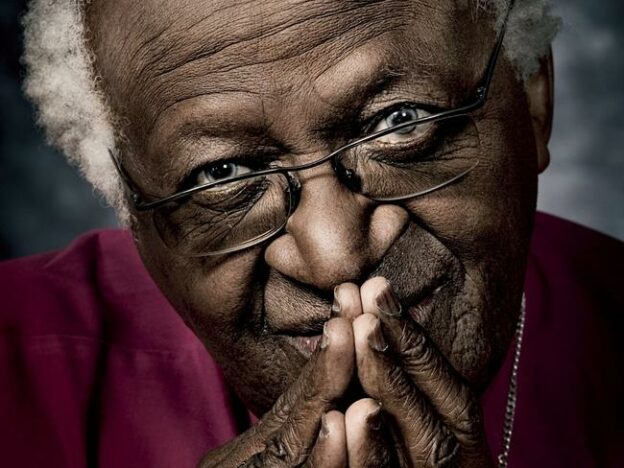In Unit I. Introductions and Frameworks, you will interpret conceptual frameworks and interdisciplinary approaches to justice while analyzing the racial and religious demographics needed to understand the location-based case studies.
In Unit II. Truth, we will examine theories of truth, scientific studies on why people lie, and the political utility of disinformation.
In Unit III. Justice, you will examine legal theories of justice and study their impact on policing, mass incarceration, and capital punishment. Give special attention to how Abolitionists define justice and the psychological and sociological effects of restorative justice programs.
In Unit IV. Reconciliation, study the psychology of conflict resolution, techniques for reconciling legal settlements that grant amnesty, and evaluate how communities rebound from trauma.
In Unit V. Just Communities, present a one-page handout about your vision for manifesting truth, justice, and reconciliation to a community of your choice.
Syllabus
Contributors





